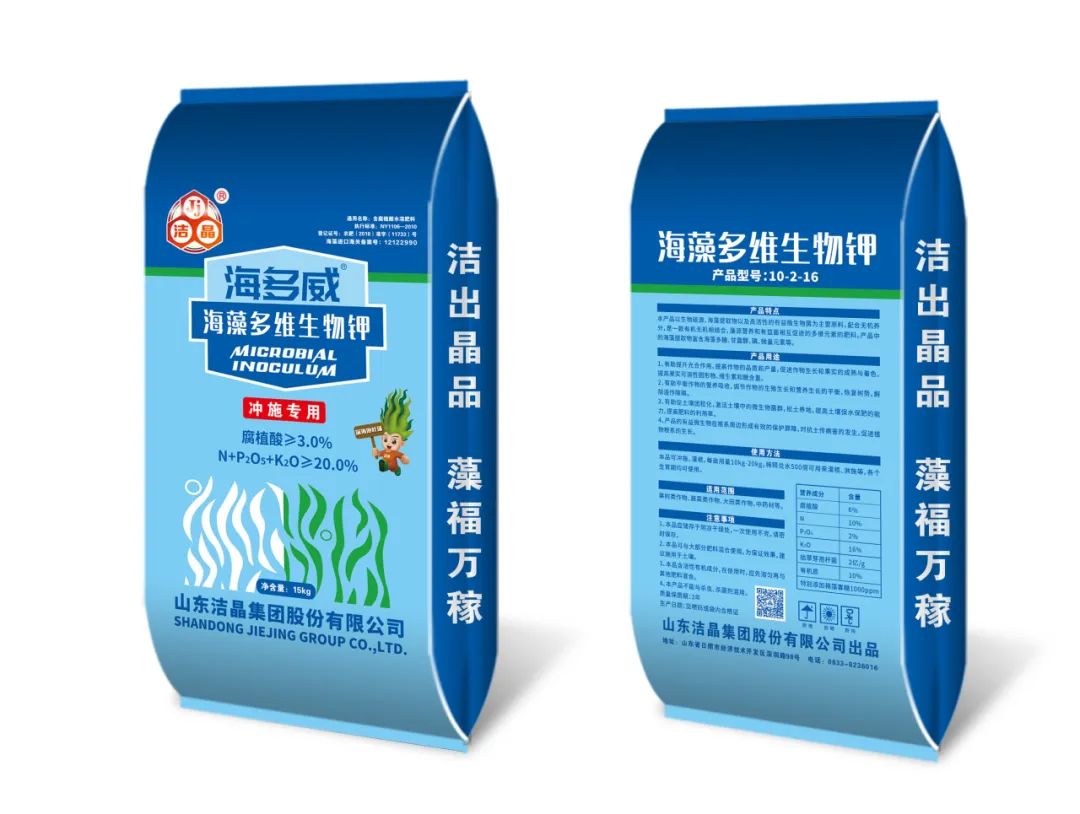During the 5th Session of the 19th Rizhao Municipal People’s Congress, Lin Chengbin, President of Shandong Jingjing Group and a municipal congress deputy, actively fulfilled his duties by submitting the Proposal on Strengthening the Application and Promotion of Specialized Seaweed Fertilizer for Quality and Efficiency Improvement in Rizhao’s Tea Industry. The proposal aims to advance the high-quality development of Rizhao’s tea sector.
Rizhao’s Tea Industry: A Strategic Pillar
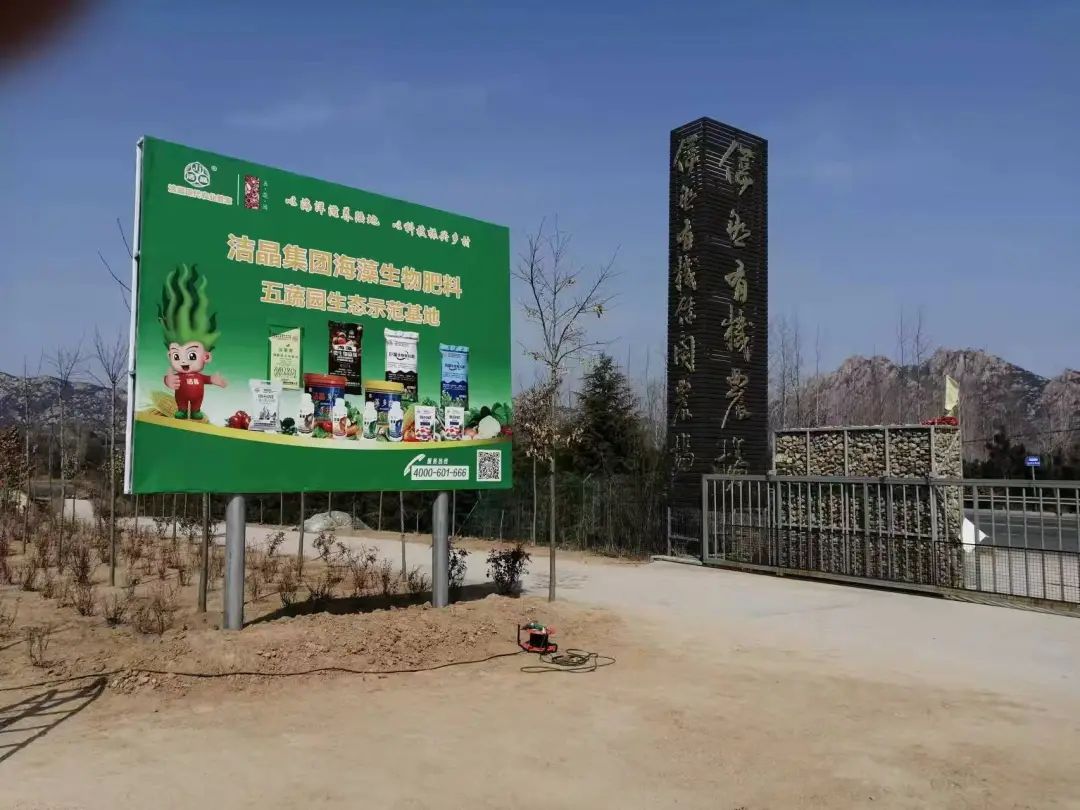
As the "Hometown of Northern Chinese Green Tea" and one of the world’s three major coastal green tea cities, Rizhao has achieved a leapfrog development in tea production since its successful introduction of tea cultivation in 1966. The industry has become a key agricultural pillar under municipal strategic planning. Advancing the ecological development of Rizhao’s tea industry is critical to rural revitalization, high-quality agricultural growth, and modernizing rural infrastructure.
Seaweed Fertilizer: A Sustainable Innovation
Seaweed, rich in organic nutrients, serves as a raw material for seaweed fertilizer—a novel bio-organic product developed through advanced biochemical processes. It contains algal polysaccharides, polyphenols, plant growth hormones, and minerals such as potassium, calcium, and magnesium, alongside trace elements unmatched by terrestrial sources. This fertilizer promotes crop growth, boosts yield, reduces pests and diseases, enhances stress resistance (e.g., cold/drought tolerance), and improves soil health.
Challenges in Current Tea Cultivation
Blind or excessive fertilization practices, overuse of synthetic sprouting agents (e.g., 920 Gibberellins), and profit-driven low-input farming have degraded soil quality and compromised tea yield and quality, threatening brand reputation, economic returns, and ecological sustainability.
Lin’s Recommendations for High-Quality Development
To address these issues and elevate market competitiveness, Lin advocates for seaweed fertilizer—a high-tech, natural, organic, and efficient product—as a cornerstone for green agriculture. Its industrial-scale production and application could significantly enhance agricultural efficiency, farmer incomes, ecological conservation, and public health.
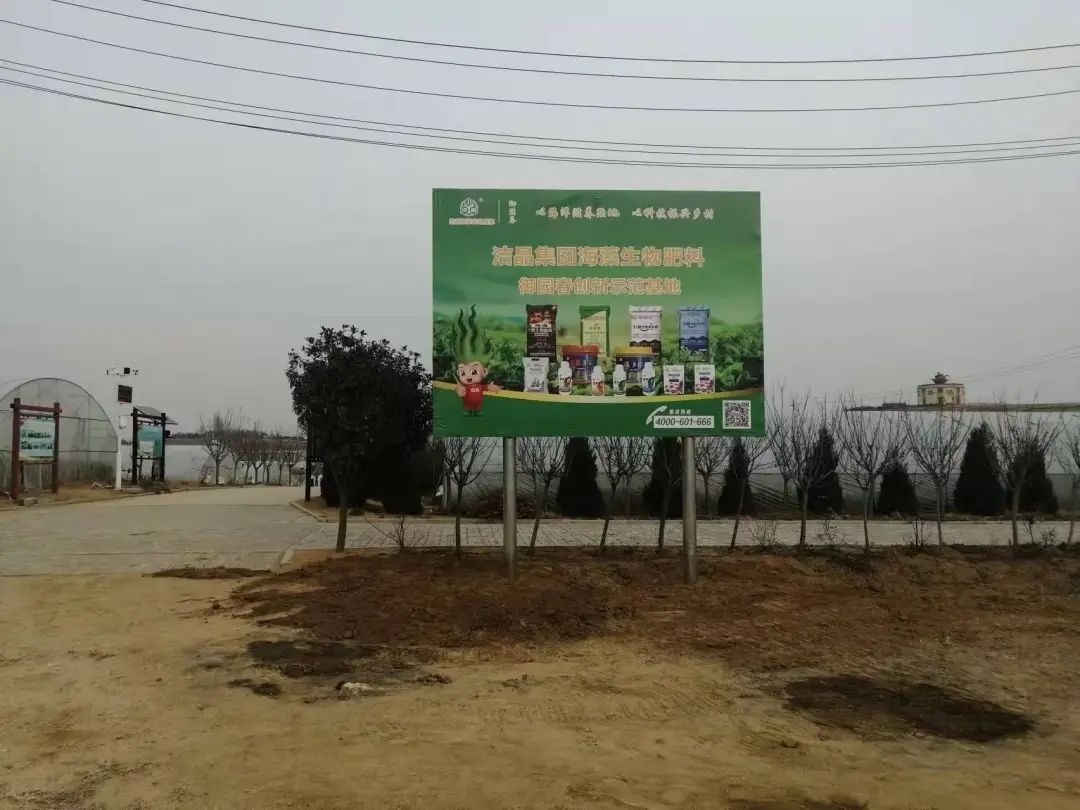
Policy Alignment and Strategic Measures
1. Government Support:
○ Provide fiscal incentives (tax breaks, subsidies, credit support) to tea enterprises and seaweed fertilizer producers.
○ Include specialized seaweed fertilizers (e.g., organic seaweed fertilizer for tea plants) in government subsidy programs.
○ Support R&D collaborations, such as the partnership between Jingjing Group and Rizhao Green Tea Group Co., Ltd., in standardized cultivation and quality management.
2. Technology-Driven Growth:
○ Leverage institutions like the Shandong Academy of Agricultural Sciences’ Rizhao Green Tea Industry Technology Research Institute to foster collaborations with universities, research bodies (e.g., Shandong Agricultural University, Chinese Academy of Sciences), and industry players.
○ Focus on research and pilot projects in soil enhancement, low-cost winter crop protection, and simplified tea garden management.
3. Regulatory Guidance:
○ Strengthen supervision by municipal agricultural authorities to curb excessive chemical fertilizer use.
○ Encourage tea growers to adopt soil quality improvement initiatives through policy guidance.
4. Brand Synergy and Promotion:
○ Utilize media platforms to amplify the reputation of Rizhao green tea and seaweed bio-fertilizer producers.
○ Highlight best practices in tea cultivation, fertilizer trials, and market innovation to foster dual-brand synergy and elevate Rizhao’s profile as a modern coastal city.
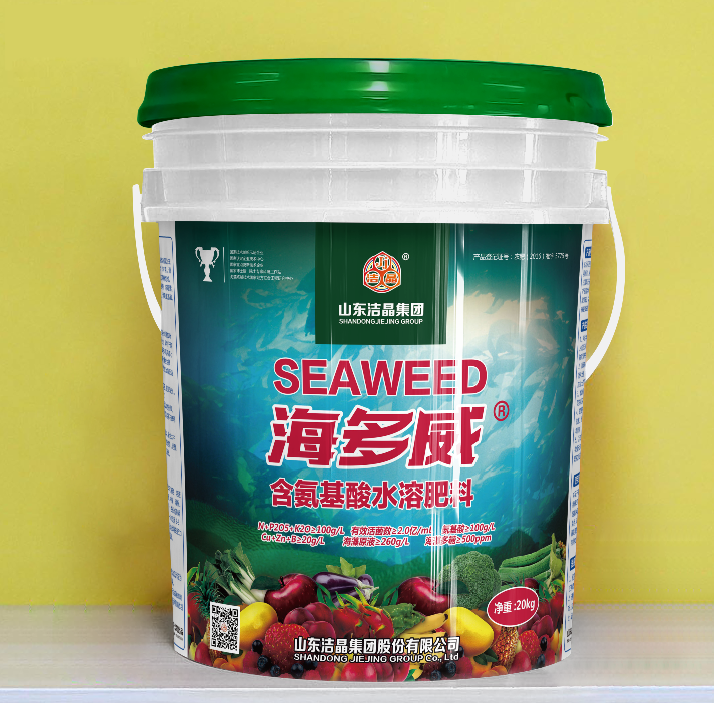
Case Study: Collaborative Success
Shandong Jingjing Group, in partnership with Shandong Agricultural University and local tea enterprises, has successfully developed Seaweed Fertilizer Efficient Preparation and Precision Fertilization Technology for Tea Plants. The project, awarded the Shandong Technological Innovation Prize and Rizhao Science and Technology Progress Award, demonstrated seaweed-based products (e.g., algal acid, phlorotannins) effectively enhance soil fertility, boost tea yield and quality, and improve stress resistance—key advantages for sustainable, low-carbon agriculture.
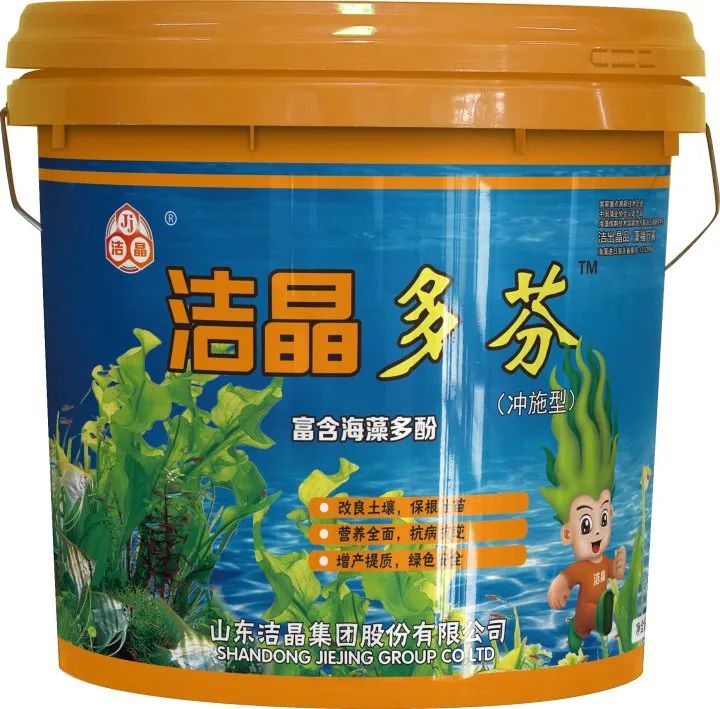
Key Policy Reference:
Shandong Provincial Department of Agriculture and Rural Affairs’ Guidelines on Accelerating High-Quality Development of the Tea Industry (Lu Nong Ji Zi [2024] No. 27) outlines targets:
○ By 2026, renovate 30,000 mu (≈2,000 hectares) of low-yield tea gardens.
○ Promote green, low-carbon production models to cover 20%+ of tea gardens, achieving ≥5% cost savings and income growth per mu.
This proposal aligns with provincial goals to modernize Shandong’s tea industry through innovation, ecological stewardship, and market-driven growth.
